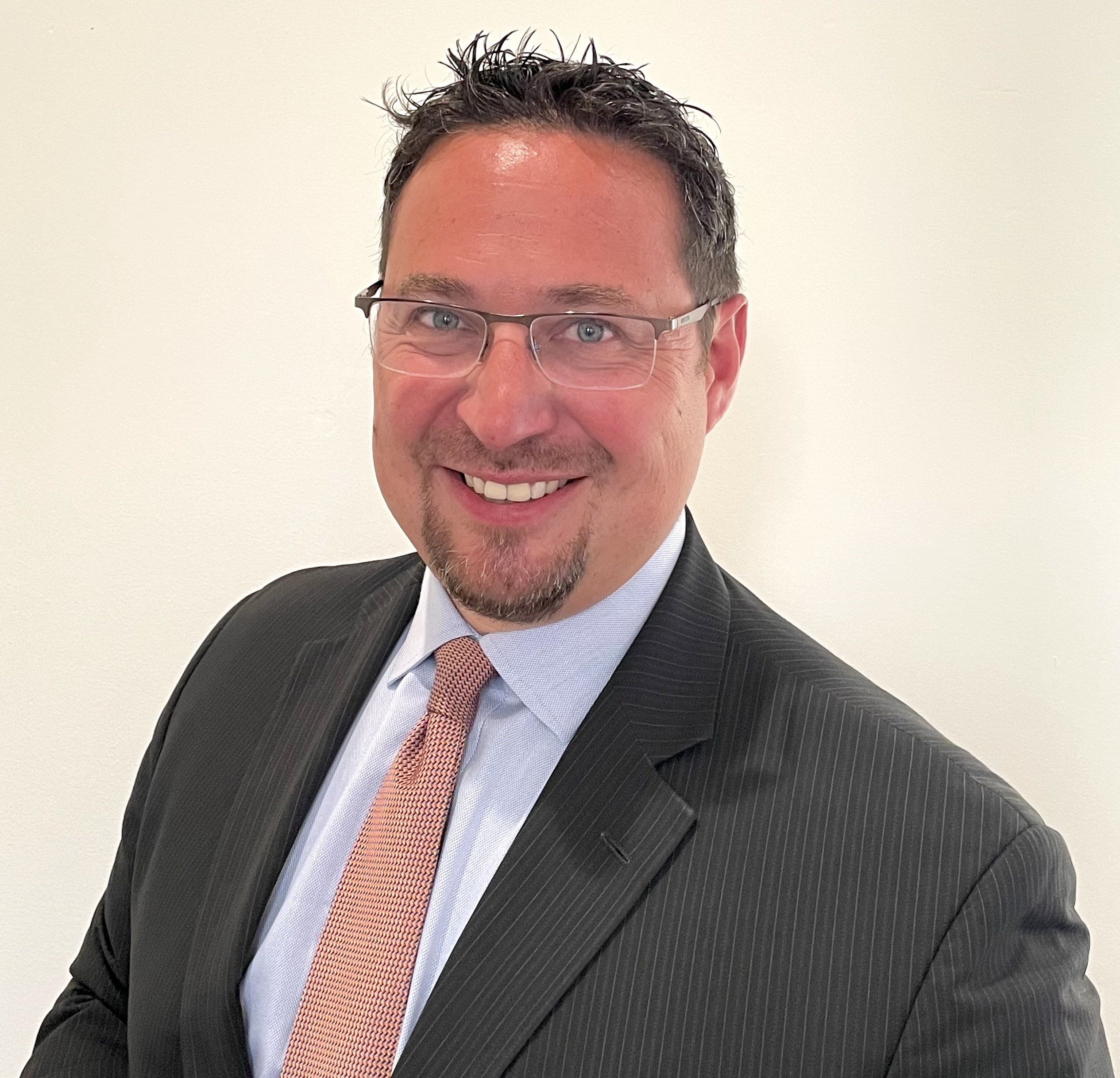Backed by an all new board steeped with experience in Indian Country and business, Twelve Clans Inc. is expanding its strategic investment focus to help optimize returns for its owners, the Ho-Chunk Nation.

Organized as a sovereign wealth fund to benefit the tribe, Twelve Clans to date has focused mostly on passive investments, but now is branching out into strategic mergers and acquisitions, government contracting, land development and gaming.
As well, the company looks to co-invest in deals with partners, whether alongside other tribal business entities or governments, private business or investors, said Eric Trevan, who chairs the board and is serving as interim CEO of Twelve Clans.
Twelve Clans opted to pursue the new strategy because of “the opportunity and ways to optimize returns,” Trevan (Match-E-Be-Nash-She-Wish Band of Pottawatomi Indians) told Tribal Business News.
“Without going into the previous investments, which were built on a passive investment platform, there’s incredible opportunities to move into mergers and acquisitions, federal contracting, as well as land development and gaming,” he said. “Some Section 17 corporations exclude gaming; this one does not.”
Trevan, who serves as president of aLocal Solutions and is assistant professor of community and economic development at California State University San Marcos College of Humanities, Arts, Behavioral and Social Sciences, joined the Twelve Clans board of directors in January. The organization has since rebuilt its board, which also includes:
- Vice Chair Susan Waukon, a member of Ho-Chunk Nation and the economic development project administrator of the United South and Eastern Tribes Inc.;
- Tanya Gibbs, a descendant of the Little Traverse Bay Bands of Odawa Indians, partner at the Rosette LLP law firm and chair of Odawa Economic Development Management Inc.;
- Joe Nayquonabe, a member of the Mille Lacs Band of Ojibwe and CEO of Mille Lacs Corporate Ventures; and
- Secretary/Treasurer Joseph Brown Thunder, a member of Ho-Chunk Nation and CEO of Buffalo Nickel Creative.
Representatives of Twelve Clans were attending the Reservation Economic Summit this week in Las Vegas to discuss the new investment focus and the goals for Ho-Chunk Nation. Trevan spoke with Tribal Business News about the new “energizing” opportunities.
How did you originally connect with Twelve Clans?
I’ve had relations with a variety of folks there for a while. I used to do some pro bono research maybe seven or eight years ago, but we maintained our relationship. They were looking to transition focus and outcomes and goals of the sovereign wealth fund and they reached out. It’s an honor to serve the nation.
How does a sovereign wealth fund differ from an economic development portfolio of companies?
A sovereign wealth fund is an international designation where surplus government revenues are strategically used for the benefit of the nation. It’s different from a passive investment fund. We find strategic areas to really build wealth and returns for the nation.
The other part is the many factors of transparency. It’s incredibly important that we work with our owners’ reps and the shareholders to ensure they know how their monies are invested, what the goals are and that these returns are for the betterment of the Ho-Chunk Nation.
The tribal business entity space is varied. Everyone is operating a little differently.
Where will you look to deploy this new investment strategy?
There’s definitely some advantages of staying around the reservation areas of the Ho-Chunk Nation. We’re open to doing anything wherever they provide optimal benefits. And (we would look to invest) with other partners.
Who makes a good co-investment partner? Do you look to work with other tribes or private entities?
Of course, there’s a lot of benefits in working with other tribal business entities because they understand some of the challenges and opportunities, but we are open to working with other governments, other businesses, other investors.
How will Twelve Clans approach opportunities in gaming, an area many tribal corporations seem to avoid?
We are in communications with the owners’ reps, who are the legislators. We work closely to find ways to leverage the current assets we have and be open about the benefits of being involved in gaming. It’s also very important, too, that there’s a clear separation between the government and the business. One of the ways you work strategically is through open communication.
Currently, anything gaming related is on the table, but we can’t do that alone. We need to work closely and find what the owners’ reps are comfortable with and then we’ll move forward. … (With gaming) we know there are some great opportunities and when we’re transparent, we can find out what the appetite is for working together.
How does government contracting fit with this new strategy?
The federal contracting space is a great opportunity. There are some wonderful programs through the 8(a) and other minority contracting set-asides. We’ve engaged with other folks in the current federal contracting space to find out if there are ways to joint venture and be financially supportive. We’ve definitely had a lot of conversations already with some different agencies as well as some different investors to figure out where we can participate in this space. It’s very exciting right now.
The importance of federal contracting for tribal economic development has been well documented. Given all the focus on that industry, do you run the risk of saturating the market?
There’s a lot of runway left. It’s really important, whether we joint venture or we acquire or we create a business entity in this space, that it’s very sound, that it has sound business principles and track record of success. The federal space only enhances the bottom line and the resources that can come back to Twelve Clans.
With the conversations you’ve had so far, are there any sectors you plan to avoid?
I think we’re very open to anything. With some of the current discussions, the tribe will have to decide if it’s legal, like with cannabis. However, we’ve not had those conversations.
We need to continue to provide extreme transparency with our owners’ reps and ensure to the shareholders that we signal our goals and show them that we’re being good stewards and being good fiduciaries of their resources.
Understanding that you’re just getting started in this new role at Twelve Clans, how will you and the board measure success?
Right now, we have set up the four pillars that we’re focused on. We want to look at optimizing returns, similar to other holding companies. Ultimately, we’re holding companies, holding assets, businesses and other business arrangements. We’re trying to compare ourselves with other industry standards. We are not the stock market, nor should we compare ourselves to the stock market. We have a nice mix planned of mostly active investments with some passive. As we go through the process where we’re working on our business strategy, we’ll be able to identify those goals.
Ultimately, for me and the board, it’s to show that we’re heading in the right direction and that we’re being transparent and strategic. Communication is so important to this process.
How long do you expect to remain in the interim CEO position at Twelve Clans?
My plans are to return to the board of directors once we feel that we’re secure and have a strategic plan of action. I’m honored to be able to fill in in the meantime. The people we work with are incredible, the owners’ reps are incredible. The Ho-Chunk Nation has done wonderful things and has wonderful opportunities in the future.
What reaction to the new board and new focus for Twelve Clans have you had while attending RES?
There’s been a lot of interest in the new pillars and strategy. It’s exciting when you’re able to put the right team together with incredible support from the owners’ reps, with a common goal. It’s energizing.
